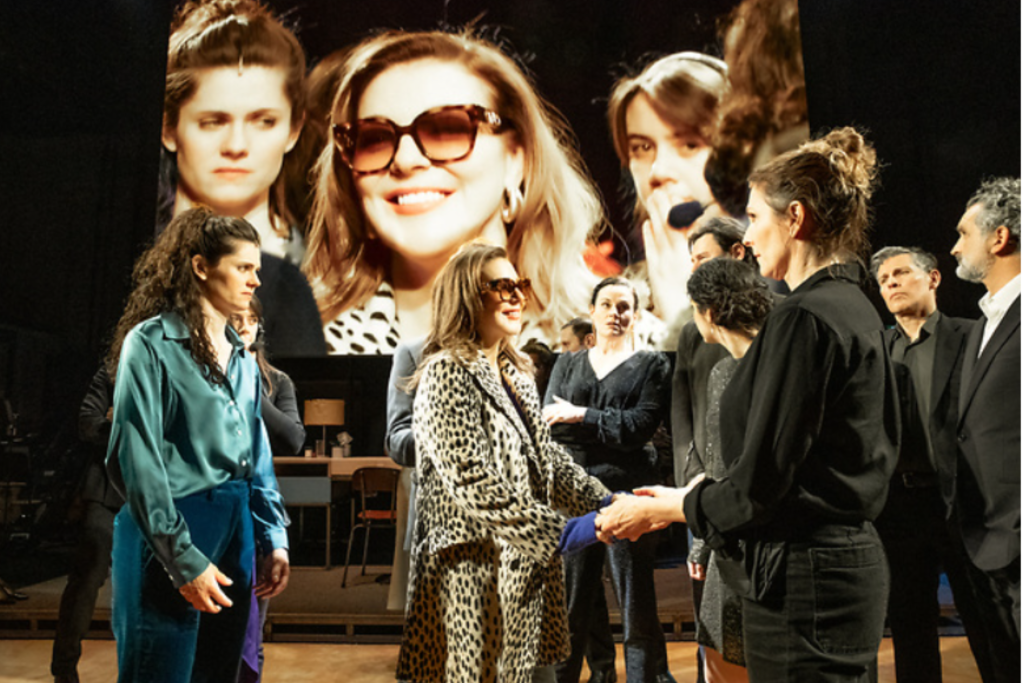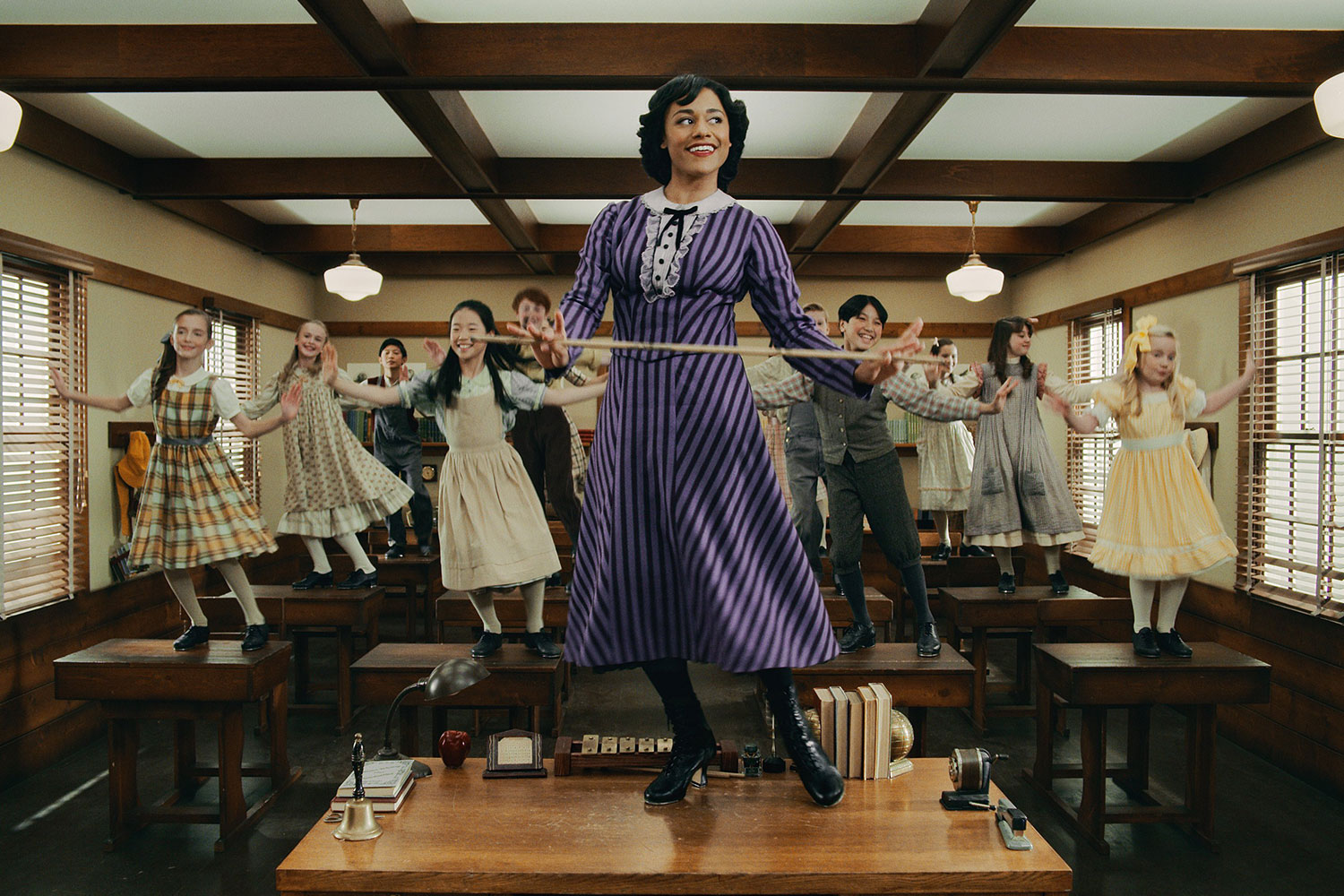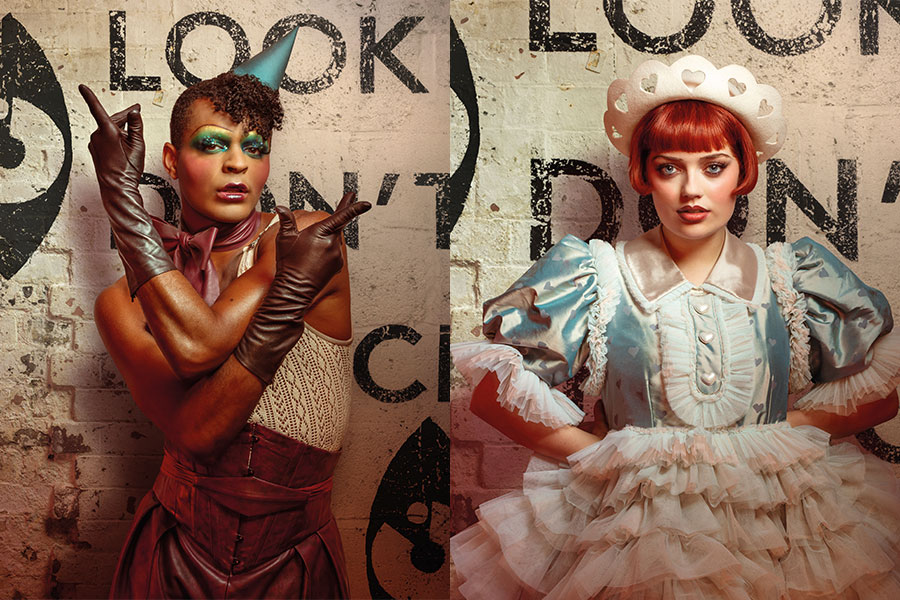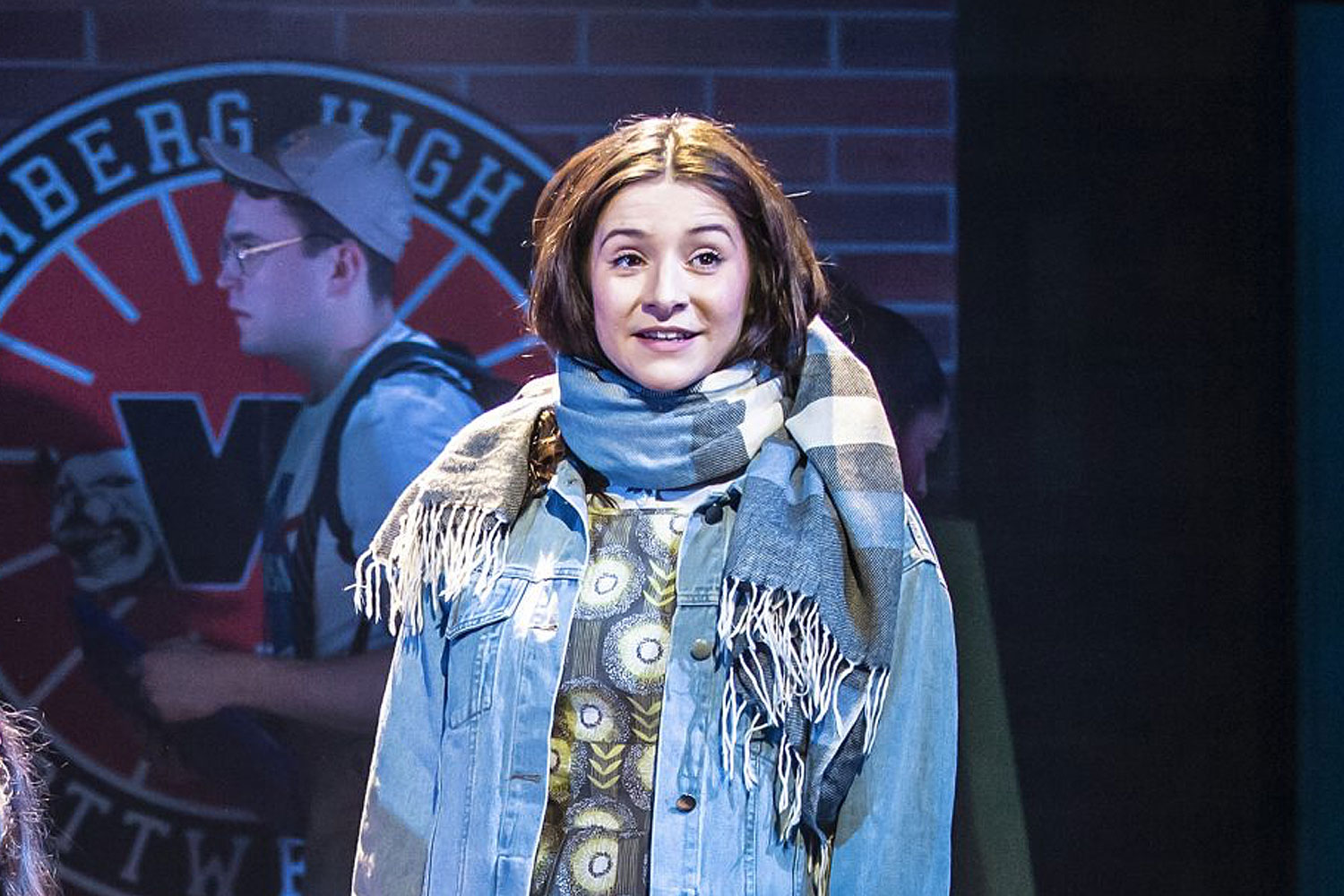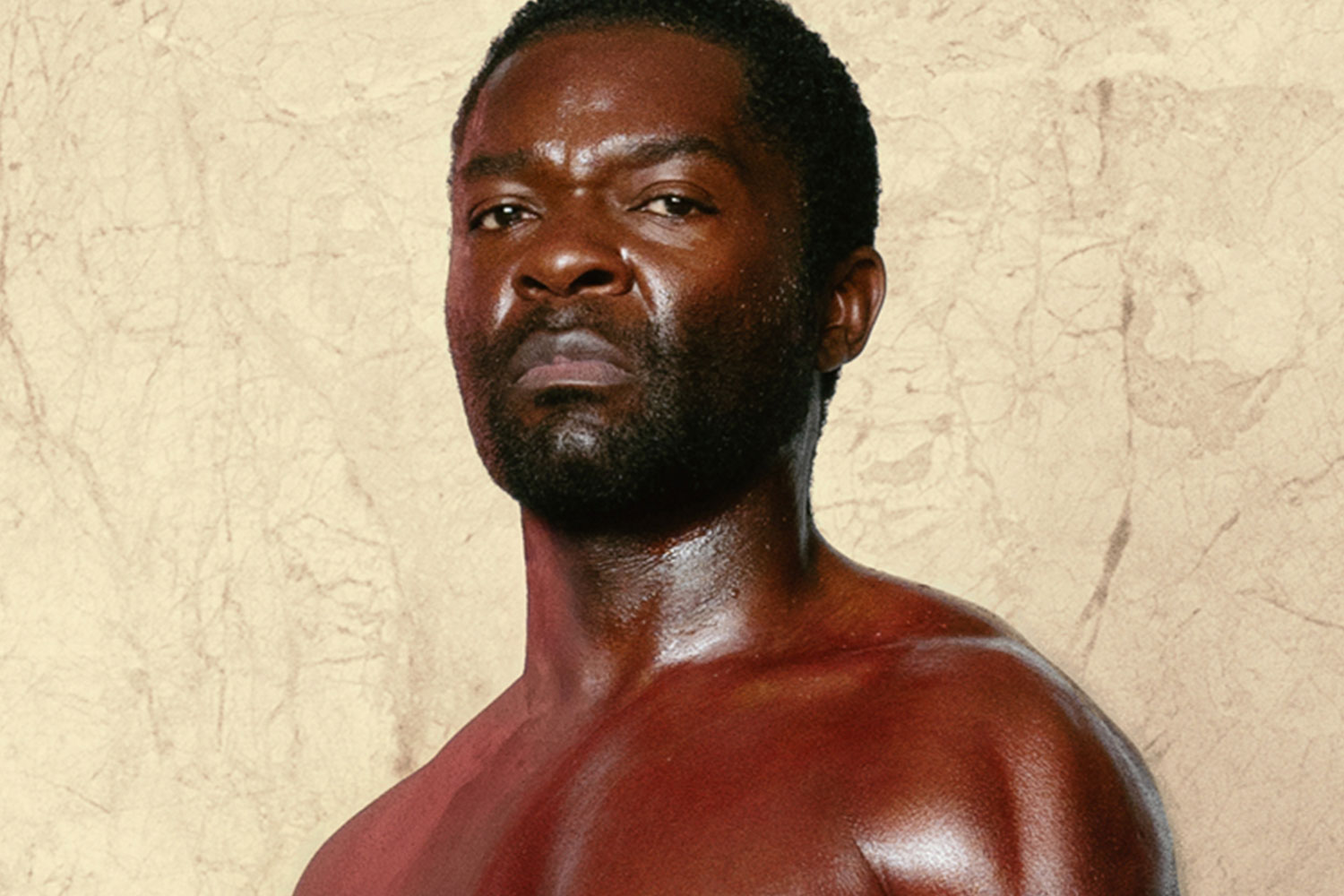A Midsummer Night’s Dream
There are passages of pure ecstasy in Britten’s Dream, and its most successful directors have been those who manage to reflect this quality in their staging.
Classic accounts by Peter Hall and Robert Carsen have dominated the memory in recent years for this very reason. Now to these must be added a third, because Daniel Slater’s inspired new production (the last opera to be staged at Garsington before the company relocates in 2011) is an unmitigated joy.
Francis O’Connor’s wild designs are the first delight. We are in an attic full of junk where bewitched beings are lured in (rather than out) through a lion-sized wardrobe. Dilapidated bedsteads dominate the stage in perilous piles, and to one side a long, curving slide would surely crumble to dust if we touched it. The fairies (miniature heroes in military uniforms, as grime-stained as their surroundings) appear as if by magic from an array of hidden entrances.
If the fairies are little adults, the lovers (in spirited and vocally strong performances by Anna Stéphany, Katherine Manley, Andrew Staples and George von Bergen) are oversized schoolchildren. It’s a wonderful, topsy-turvy world that doffs its warped cap to Narnia and Toy Story, Godot and Cats, Jennings and Jumanji.
Steuart Bedford, Britten’s preferred interpreter in his day and someone who knows this score better than anyone, leads an outstanding ensemble cast whose impeccable diction allows us to ignore the surtitles and feast our eyes as well as our ears on the performances.
Rebecca Bottone is a divine Tytania, mischievous and spritzer-voiced, while James Laing is an impassioned Oberon who enhances his resonant counter-tenor with some intense acting. The pair are supported by the immaculately drilled Trinity Boys Choir, sixteen choristers whose small-soldier shenanigans pepper the evening and who deservedly get top billing at the curtain call.
The ‘rustics’ are a motley crew of tradesmen, nicely led by Jonathan Best as a befuddled Quince but dominated (of course) by the bumptious Bottom of Neal Davies, a jobsworth with a toothbrush moustache and a rich brown baritone. Of the others, all excellent, Pascal Charbonneau stands out as an oddly fetching Flute and Sion Goronwy as a large, sluggish Snug.
The action regularly spills over into the surrounding gardens, so for once we actually see Puck putting his girdle round the earth (or quite a bit of it) in his quest for the magic herb. With daring brilliance, Slater has planned his entire production around the real timings of midsummer dusk; and late on, as the evening draws to a close, lighting designer Bruno Poet obeys Shakespeare’s exhortation to ‘Through the house give glimmering light’ in a gasp-inducing effect that appears to encompass the entire Garsington estate.
A determined grump could probably find fault with the staging here and there. Bottom’s bedknob ‘translation’ is not great; Richard Durden’s weary old Puck is played relentlessly against the text, and it wears thin. But away with churls, for this is a glorious production of no common rate, as wise as it is beautiful, and it must surely be granted a longer life than six midsummer nights.
– Mark Valencia





